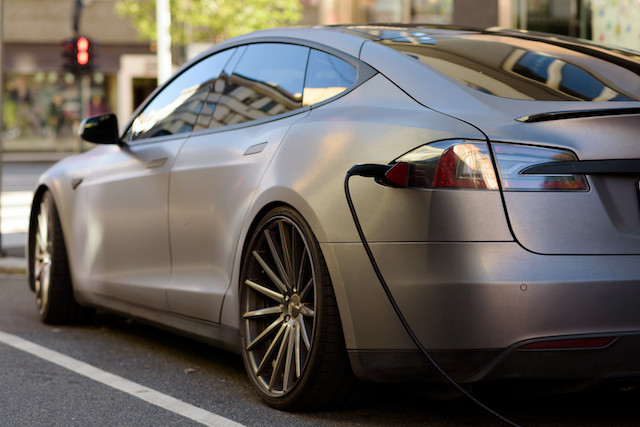Last Friday, green energy minister Claude Turmes announced fiscal advantages for non-electric company cars will be phased out.
Responding in a statement issued on Thursday, the House of Automobiles (representing federations Fedamo, Mobiz and FEBIAC) dismissed the minister’s vision as “utopian”, saying his statement created uncertainty and concern among professionals. This confusion, the federation said, slows down the transition of the car fleet to more environmentally-sustainable vehicles and “will be harmful to the environment and our business.”
It wrote: “We are of the opinion that such statements are moreover completely out of place in the context of an exit from the crisis.”
Like most sectors, the lockdown had a crippling impact on Luxembourg car dealers, which employ around 5,000 people. The consortium said the minister’s statement was “highly damaging” for the already weakened sector. It added it supports a move towards a “well-considered electricificaton of the rolling stock”, but stressed the government should address the obstacles for fleet electrification first.
“What Luxembourg needs is not populist rhetoric, but realistic, planned, coherent, shared and common solutions that are effective on a large scale,” it concluded.
The shift in strategy was announced in a joint press conference of Turmes and green environment minister Carole Dieschbourg on 29 May. The two outlined the government’s policies and measures to reduce greenhouse gas emissions by -55%, increase renewable energy by 25% and boost energy efficiency to 40-44% by 2030. The switch in approach to fiscal advantages for company cars forms part of the next fiscal reform.
The planned cessation of fiscal advantages for diesel and petrol-fuelled company cars is one of several policy changes that have been criticised by the automobile sector, in addition to the increase in excise duties for petrol and diesel.
Currently, electric and hybrid vehicles make up just 2.5% of the national pool of vehicles in Luxembourg. At the 2020 Autofestival, automotive federation Fedamo reported a cautious interest in electric vehicles and hybrids, because “the customer has to inform himself and make the necessary investments for the charging infrastructure”.
This was despite substantial subsidies of up to €5,000 for the purchase of a fully electric vehicle and €2,500 on a new hybrid vehicle. Among the barriers are the high price, as well as battery life limitations, unknown future electricity cost fluctuations and residual values in a market where technology is rapidly changing.
Furthermore, the roll-out of charging infrastructure in Luxembourg is behind schedule, with just 43% of the 800 chargy stations running, according to a recent government statement. Turmes said on Friday that State aid will be offered to install charging infrastructure on company premises.
